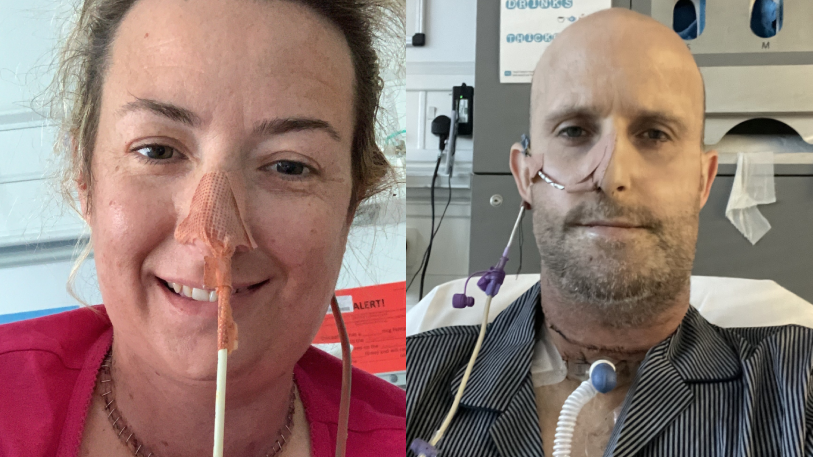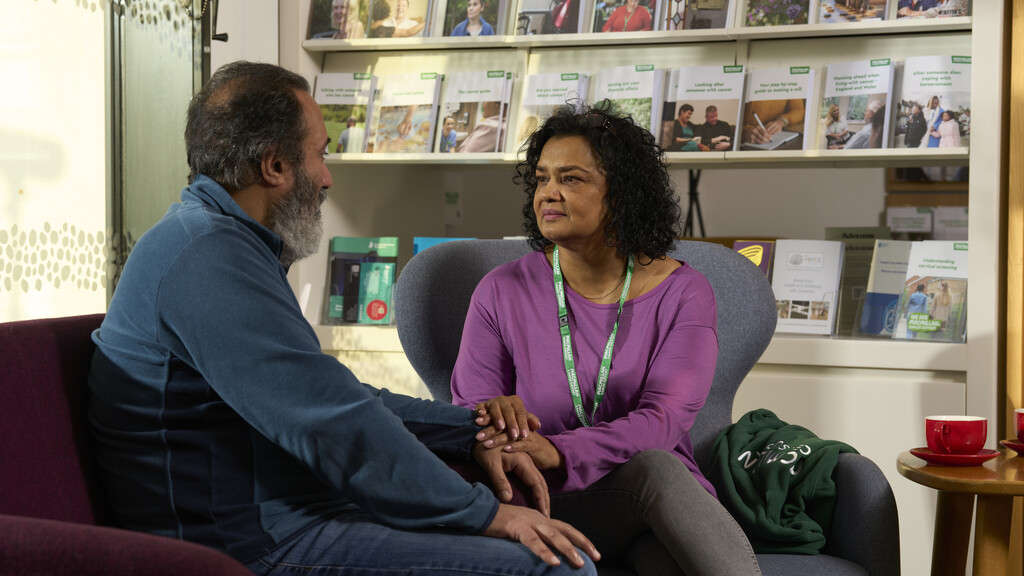The Autumn Budget 2025
What is the Autumn Budget and why does it matter?
Page last updated on Wednesday 26 November 2025
The Autumn Budget is when the Chancellor presents the government’s plans for tax and spending for the year ahead through a statement to the House of Commons. This year’s Autumn budget was presented to Parliament on Wednesday 26 November. The Treasury also published documents alongside the Budget, to provide more detail on what was announced.
At the budget, we get a review of the nation's finances and the economic situation, but also important details about what the government is choosing to prioritise through their spending plans.
The Chancellor said she would use the budget to set out how the government will ‘make fair choices to deliver on the country’s priorities’ and described one of those priorities as being to ‘cut NHS waiting times’. And so, it is no surprise that the health and care system was the subject of several announcements around the budget.
What was announced in the Autumn Budget?
The budget included several health-related announcements, including:
- 250 Neighbourhood Health Centres to bring patient care closer to home
- £300 million of funding for NHS technology to support staff
- An extension of the existing soft drinks levy, or ‘sugar tax’, to include milk-based drinks
- An extension to the freeze on NHS prescription charges
250 Neighbourhood Health Centres
The Chancellor will announce an expansion of plans to introduce neighbourhood health centres, through the NHS Neighbourhood Rebuild programme, that will bring together GPs, nurses, dentists and pharmacists together in one place.The programme will deliver the Neighbourhood Health Centres through a mixture of expanding and improving existing sites over the next three years, and new-build sites opening in the medium term. The aim is to have more than 100 centres open by 2030. Designed to best meet the needs of the community, the opening of the centres will start in the most deprived areas.
While providing funding for these centres is an important step towards delivering a neighbourhood health service, it is also a clear signal to the NHS about the government’s commitment to delivering care in a new way. Achieving a neighbourhood health service, moving towards proactive care, rooted in communities, will be much more than just about buildings. It’s about forming strong relationships, integrating teams, and involving communities meaningfully in the design and delivery of care.
£300 million investment in NHS technology
The NHS will also get £300 million in capital funding to upgrade technology and introduce new digital tools, with the aim of boost productivity and cutting waiting lists. Given the focus in the 10-year plan on moving from analogue to digital it is not surprising that technology would be a priority for further funding, and it is welcome that it focuses on supporting staff and improving their experience.
NHS staff can often face basic technological barriers, from laptops that don’t work and systems that don’t join up, which stops them delivering high-quality personalised patient care. As such, it is welcome to see resources directed towards digital tools that will support staff for example, by providing swifter access to patient information or automating administrative tasks.
An extension of the soft drinks levy
A freeze on prescription charges
One of the Chancellor’s other aims of budget that she has described is to ‘cut the cost of living’ and as part of this, prescription charges in England will remain frozen for 2026-27. The charge for a single NHS prescription will remain at £9.90 for the next year. Three month and annual prescriptions prepayment certificates will also be frozen for 2026/27.
Around 89% of prescriptions in England are already dispensed free of charge to children, over-60s, pregnant women, and those with certain medical conditions.
Read more
-
News and stories 10 Sep 2025In this blog, Gemma reflects on the impact Macmillan made last year ahead of the launch of Macmillan Cancer Support's Annual Report for 2024.
-
News and stories 03 Sep 2025Anthony Cunliffe, National Lead Medical Adviser at Macmillan, explains why more needs to be done to make cancer care fair.
-
News and stories 10 Jul 2025The Prime Minister launched the government’s long-awaited 10 Year Health Plan, outlining a vision to “bring the NHS closer to home.”






